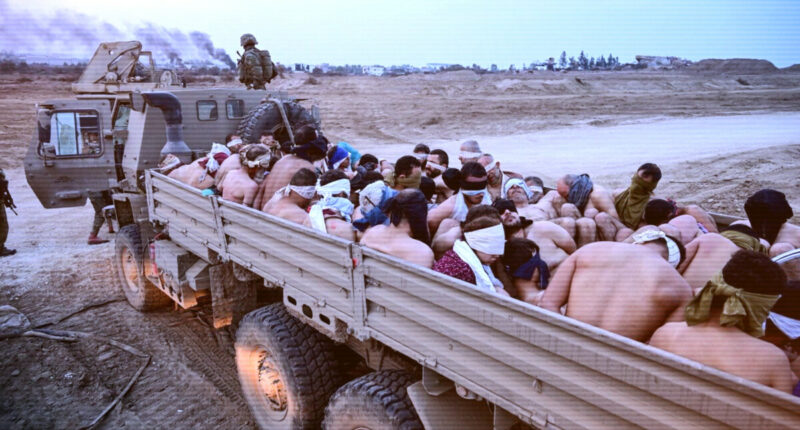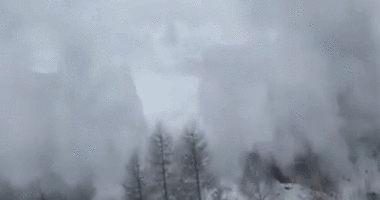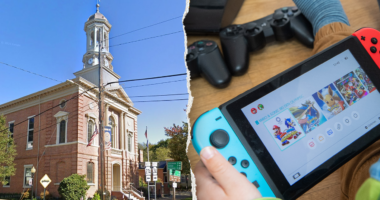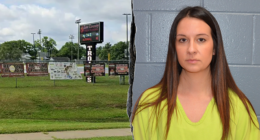Share this @internewscast.com
A recently freed Palestinian detainee has delivered devastating testimony detailing what he calls “a hell beneath the ground” inside Israel’s underground Rakevet Detention Center in Ramla, where Gaza prisoners are allegedly tortured, starved, and subjected to systematic dehumanization.
A chilling narrative shared by the Prisoners’ Media Office and reposted by DropSite News reveals the harrowing experiences of a former detainee, referred to as M.N. He recounted the “layers of torment” he faced as he was moved from the Nitzarim checkpoint to Ofer Prison and ultimately to the subterranean isolation section known as Rakevet.
M.N. implored, “Words must break their silence and reach the ears of those with living consciences,” hoping to rally support for the prisoners enduring such conditions.
The “Trap Crossing” and Arrest
His ordeal commenced on November 16, 2023, when he was apprehended at what he described as “the trap crossing,” supposedly a safe passage at Nitzarim. He detailed the degrading treatment that followed, describing how detainees were blindfolded, shackled, and forced to kneel for extended periods, forbidden from speaking or moving.
“The transit from Nitzarim to the Gaza barracks was utterly dehumanizing,” he recounted. “Young men were blindfolded, their limbs bound, made to kneel, and silenced, unable to even shift their positions.”
Inside Ofer Prison
At Ofer Prison, M.N. endured an interrogation spanning “around a month and a half,” during which he was subjected to relentless psychological and physical abuse. He stated that detainees from Gaza were categorized into different levels of suffering.
“New arrivals were placed in Section 23, where they faced severe brutality—enduring beatings and verbal abuse three times daily, often left with injuries untreated,” he explained. “In Section 10, the isolation area, five small rooms designed for two or three were overcrowded with about thirty detainees during the conflict, with eight crammed into a space barely three meters wide, including the toilet.”
Prisoners were allegedly chained together by their feet for nearly 20 hours a day, permitted to sleep just four hours on “rotten, wet mattresses.” M.N. said the walls were black with mold, the air suffocating, and that even the limited water supply was contaminated.
The Rakevet Detention Center: “A Hell Beneath the Ground”
M.N. called Ofer “only a station of hell leading to what was even worse.” On September 10, 2024, he said, he was among dozens transferred to the newly opened Rakevet section, a fortified isolation unit buried beneath the larger Nitzan Prison in Ramla.
“Our arrival was like an epic of pain — bleeding, wounds, fractures, torture beyond description,” he said. “The suffering continued with humiliation, beatings, deprivation of food and sleep.”
Cells measured 3 by 2 meters, built for two prisoners but often housing four, he explained. “From four in the morning until midnight the mattresses were taken away, and we were forced to sit on rough flooring designed to torture us.”
He described the so-called “recreation time” as a cruel mockery: “It was a room a little larger than the cell, without sun, air, or light. We stayed there handcuffed. We were forbidden to pray in congregation or alone, forbidden to read the Qur’an or even to pray silently.”
Medical Neglect and Torture
According to M.N., no significant medical care exists within Rakevet. “When someone’s condition worsens, the doctor comes only after a long delay, and even then offers no treatment,” he said. Diseases such as skin fungi and scabies spread unchecked. Detainees were frequently gassed, beaten, or forced to curse their faith and families, even the elderly among them.
“They sprayed pepper gas inside the rooms whenever they wished, regardless of those with respiratory disease or chronic illness,” he said. “I hope these scenes of torment reach living consciences — to save the shackled bodies inside Rakevet and demand an end to their suffering.”
Systematic Torture and Isolation
His account adds to mounting evidence gathered by independent rights organizations. Reports from TRT World, The New Arab, and the Palestinian Prisoner’s Society corroborate accounts of underground torture facilities at Ramla’s Rakevet section, where detainees are monitored 24/7, denied sunlight, and barred from legal counsel or contact with their families. Israeli media itself has described the Rakevet facility as a “concrete vault” built for total isolation.
The Palestinian Prisoners’ Society said detainees are kept “in total isolation, completely cut off from the world,” while legal advocates told TRT that lawyers visiting Ramla saw prisoners “visibly shaken, some unable to speak due to trauma.”
“Living Tombs”
The testimonies from Rakevet contribute to what rights groups now describe as one of Israel’s gravest humanitarian crises since the Gaza war began. M.N.’s final plea was to “living consciences” beyond the walls.
“I hope what I’ve seen becomes impossible to deny,” he said. “Rakevet isn’t a prison — it’s a tomb for the living.”















